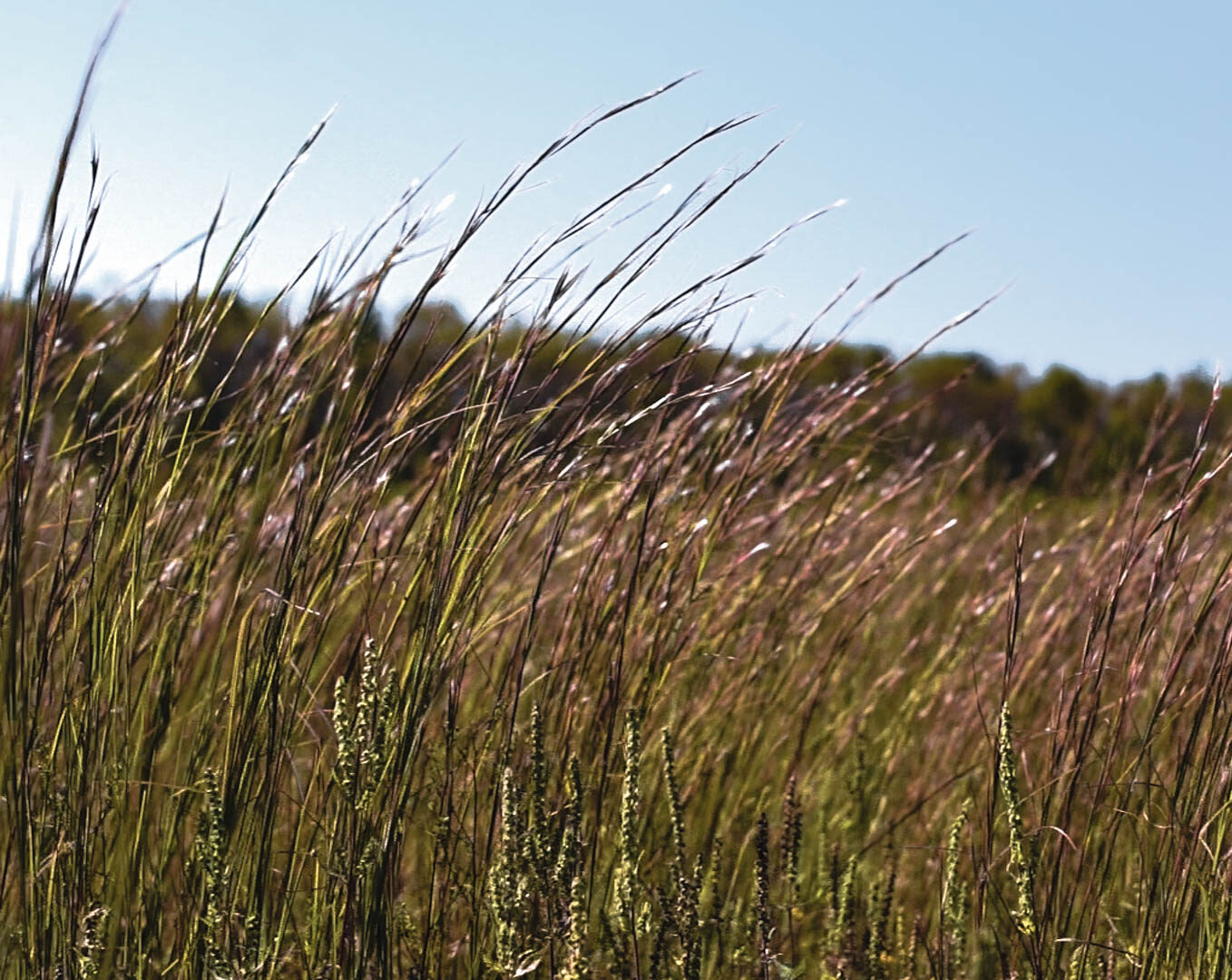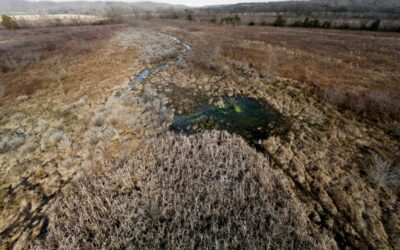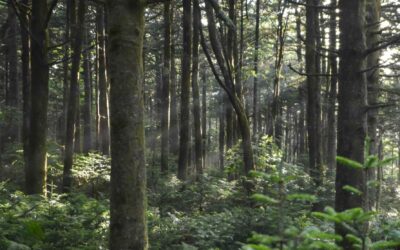Restoring Grasslands
Why Grasslands?
of Tennessee’s native grasslands are gone.
Carbon
Mature grasslands efficiently store carbon, mostly underground in their extensive root systems.
rare bird species in the southeast require grasslands. Dwindling grasslands is a major factor in the decline of these species.

Native grasslands are essential ecosystems in every region of tennessee.
Grasslands are one of the fastest disappearing ecosystems in the world—and the most impacted habitat type in Tennessee. Grasslands are more than barren fields of just grass. Tennessee has several different types of grasslands, many of which include trees, shrubs, and other woody plants. In fact, the Southeast contains more types of grasslands than the Great Plains and Midwestern prairies combined.
Grassland habitats offer many ecological benefits. Native grasses have strong, intertwining root systems that help hold soil together and reduce erosion. Mature native grasslands are also great at storing carbon in their roots and the soil for decades. The key component to all of these benefits is habitats filled with grasses native to the region and properly managing those habitats. Without regular management, critical grassland habitats—and the wildlife that rely on them—quickly disappear.
What we do for grasslands
Native
such as switchgrass, milkweed, and big bluestem provide excellent cover for wildlife.
acres of grasslands restored or conserved.
Prescribed
is critical to maintaining quality native grasslands and helps control competition from woody plants.
Are you a landowner?
Interested in learning if your land is a fit for habitat restoration?
Give
Your generosity helps manage wildlife populations and restore habitats for a more vibrant Tennessee.
More Habitat Restoration
Federation Surpasses 1,000 Acres of Wetland Restored
Tennessee Wildlife Federation completed its 12th wetland restoration project in March on 50 acres in the floodplain of the Buffalo River, bringing the total wetlands restored to more than 1,000 acres.
Federation to Restore Forest and Grassland Habitats in Tennessee
Tennessee Wildlife Federation has received a significant multi-year grant to restore forest and grassland habitats in Tennessee.
Largest Wetland Restoration to Date Completed
Restoration is key to ensuring this ecologically and economically significant habitat is not lost.



